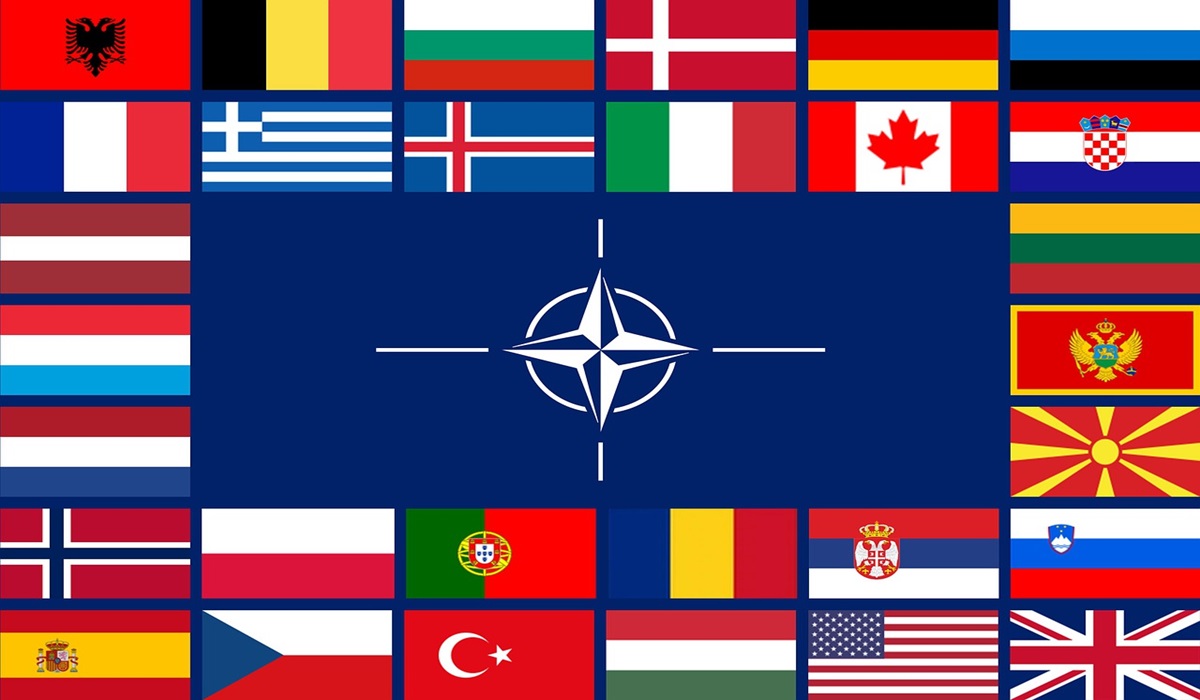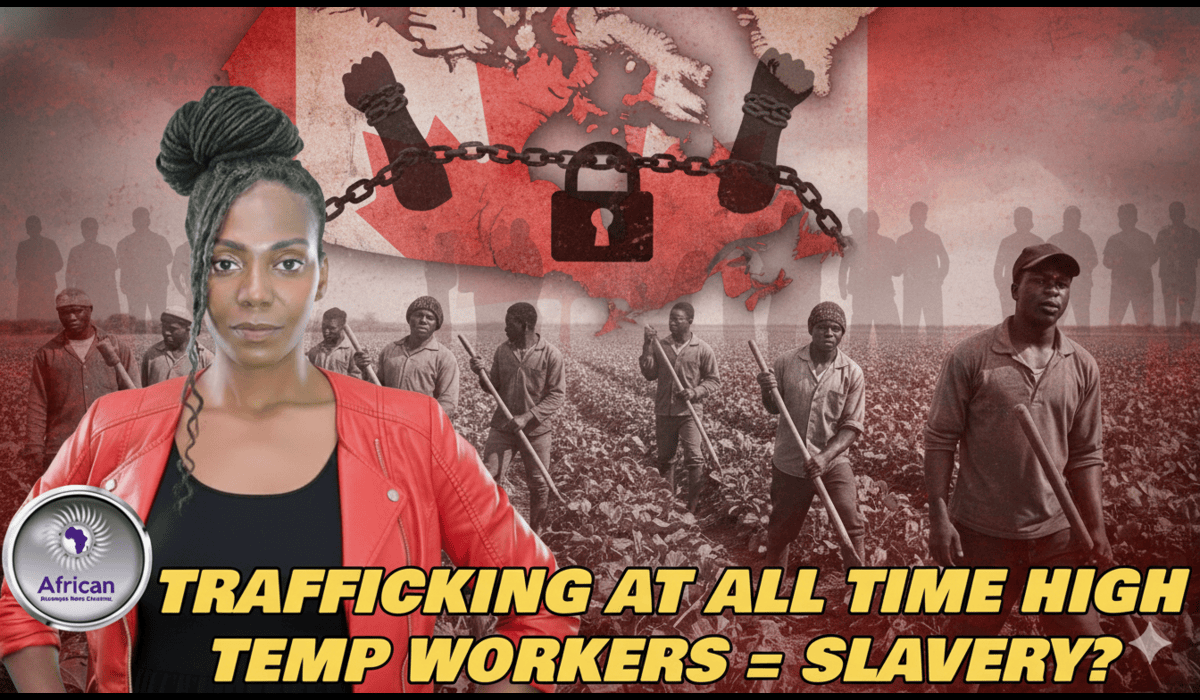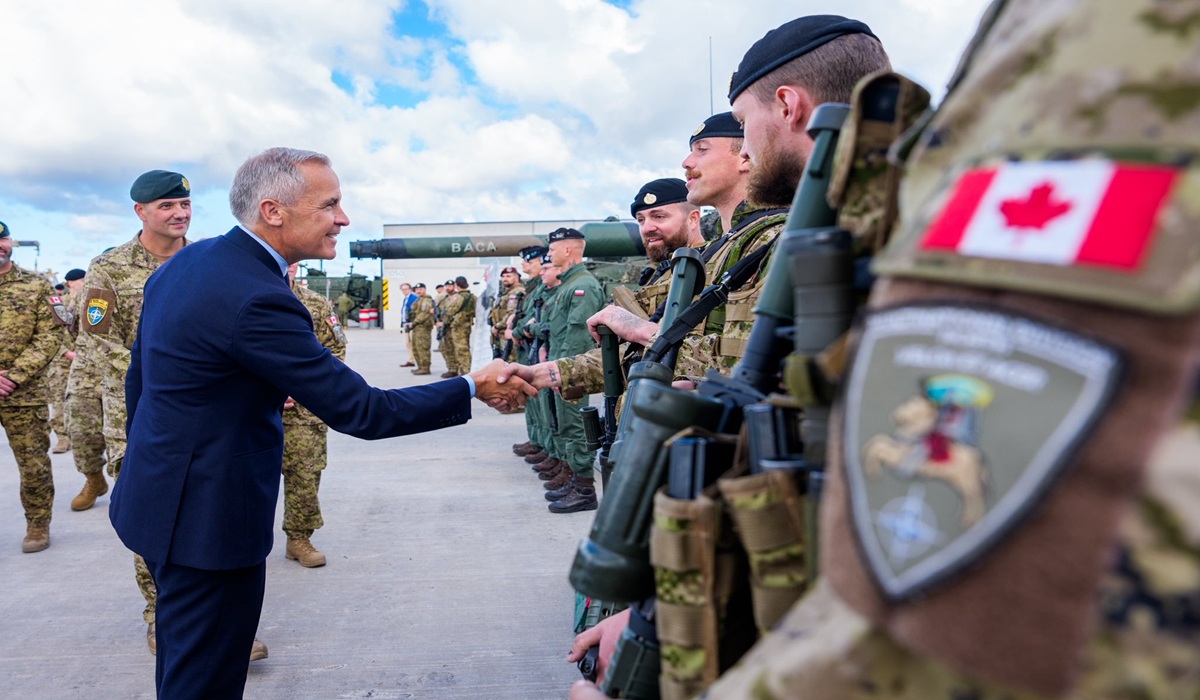In the most audacious defense policy shift in a generation, Prime Minister Mark Carney’s government is reportedly preparing to escalate Canada’s military spending by an additional $9.2 billion, with serious discussion around aligning with NATO’s new proposed benchmark of 5% of GDP. If adopted, this would catapult Canadian defense spending to an astonishing $150 billion annually — nearly quadruple current levels. The implications for Canada’s sovereignty, economic future, and domestic well-being are profound and demand urgent national debate.
Let’s be clear: Canada currently spends approximately 1.3% of its GDP on defense, equating to around $41 billion per year. That figure already places Canada among NATO’s top 10 contributors in real-dollar terms. Of that, only a fraction — about $455 million — goes directly toward NATO’s collective operating budget. The rest funds Canada’s own military infrastructure and missions abroad, including those aligned with NATO’s strategic objectives. But a leap to 5% of GDP is not a routine policy adjustment — it’s a tectonic shift in Canada’s role on the global stage, with ripple effects at home.
What could $150 billion do for Canada? In a single year, it could eliminate the national housing crisis, fully fund universal pharmacare, make significant advances in clean energy infrastructure, and invest deeply in Indigenous reconciliation and community well-being. This kind of transformative investment would define a generation. Instead, we are being asked to underwrite NATO’s increasingly aggressive posture, much of which is centered on securing European borders and entangling member states in proxy wars and military escalations far from Canadian soil.
NATO’s track record does not inspire confidence. The 1999 bombing of Yugoslavia — conducted without United Nations authorization — resulted in hundreds of civilian deaths and shattered vital infrastructure in Kosovo and Serbia. In Bosnia, NATO’s 1995 Operation Deliberate Force blurred the line between humanitarian intervention and unbridled airpower. And in Libya, the 2011 NATO-led campaign against Muammar Gaddafi led not to stability but to a power vacuum that persists to this day, fueling human trafficking, terrorism, and chaos across the region.
These interventions, cloaked in the rhetoric of peace and security, have repeatedly demonstrated NATO’s willingness to act as a provocateur as much as a protector. The alliance now appears more interested in power projection than in collective defense, provoking adversaries as often as it deters them. If anything, NATO’s recent expansion and hawkish posturing have intensified global tensions, particularly with Russia and China. It is not a peacekeeping body — it is a geopolitical machine.
For Canada to contemplate spending $150 billion annually in service of NATO’s strategic ambitions — largely Eurocentric in nature — is not only fiscally reckless but morally questionable. It raises the fundamental issue: who benefits from this unprecedented military build-up? Not the average Canadian struggling to afford housing, not Indigenous communities still waiting for clean water, and not the climate-resilient future we keep promising ourselves.
The argument that defense is security is valid — but only to a point. True security includes health care, education, food stability, and climate resilience. It is not tanks in Latvia or missiles in the Baltics. We must ask whether we are funding Canada’s future or subsidizing someone else’s war.
Canada’s obligation is to its people first. The fetishization of military spending in a time of domestic need is an abandonment of leadership. It prioritizes guns over growth, war over wellness. Mark Carney must resist the tide of NATO pressure and chart a path that reflects Canadian values, not alliance dogma.
NATO, for all its past significance, is increasingly a relic of Cold War thinking. To shackle our economic future to its ambitions is not strategic — it’s surrender. And that’s not leadership. That’s a mistake.









